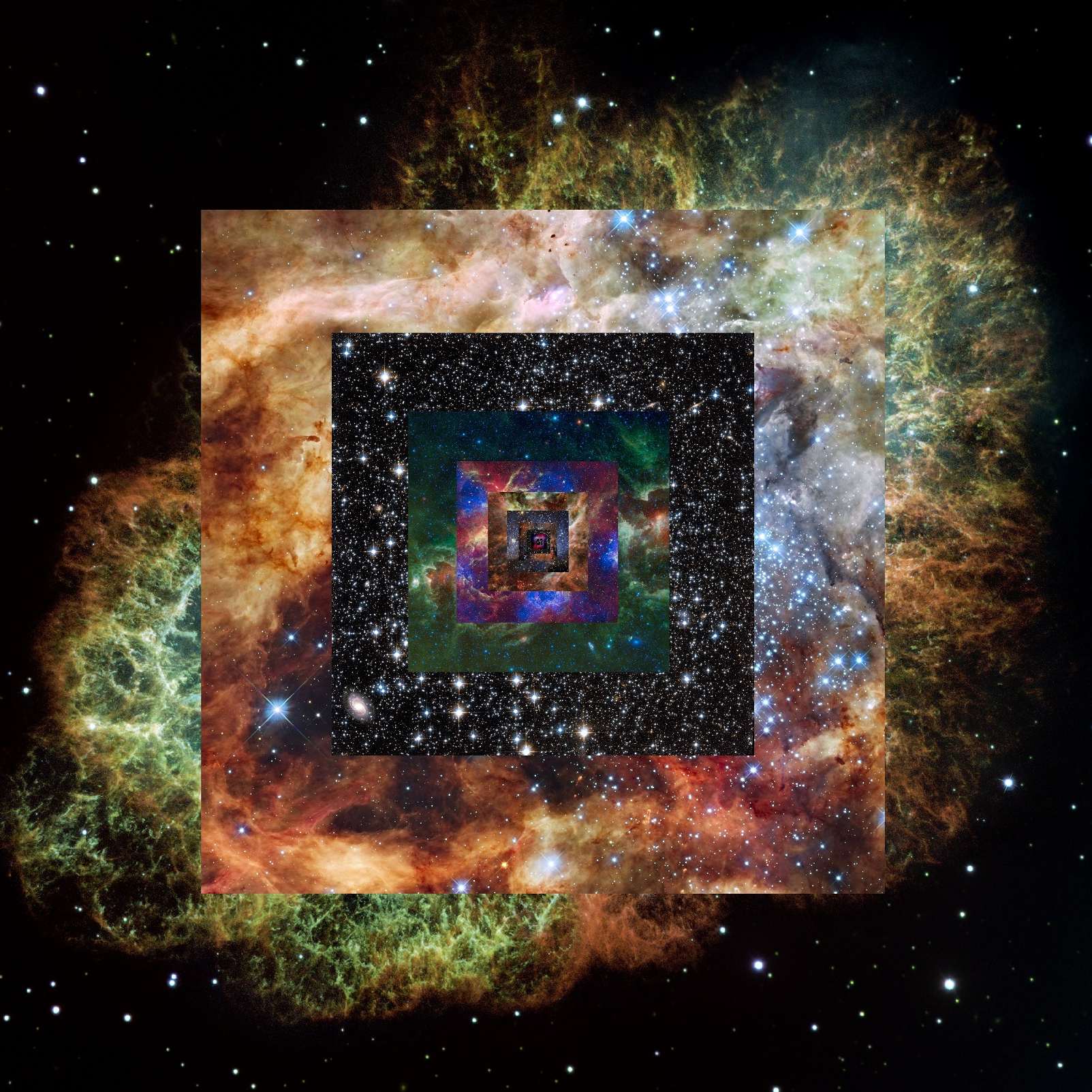
The sacred scriptures of numerous religious traditions contain narratives of divine creation, often depicted as a benevolent act of a higher power. However, a fringe concept has emerged, suggesting a vastly different perspective: the hypothesis of God’s last wish. This idea proposes that the universe, and humanity itself, is either the result of a dying deity’s final hope for divinity to continue, or, in a darker view, the result of God’s self-annihilation, an acceptance of non-existence as superior to life.
The Mortal Ascendancy Theory: The Divine Wish for Continuity
According to the Mortal Ascendancy theory, a dying God invested His last remnants of energy into creating humanity, hoping that these beings would eventually ascend to godhood themselves. Such a theory turns the traditional notion of a self-sufficient, omnipotent deity on its head.
This notion finds resonance with the ancient Greek myth of Zeus fearing his children would usurp him, highlighting a shared theme: divine beings fearing their end and the subsequent continuation of power. While not a direct correlation, it emphasizes humanity’s curiosity about the potential vulnerability of divine entities.
A modern reiteration of this concept is the “Omega Point” proposed by Jesuit priest Pierre Teilhard de Chardin. He suggested an ultimate evolutionary goal where humanity would merge into a form of collective consciousness, a sort of godhood, though not borne from a dying deity’s last wish.
The Divine Annihilation Theory: God’s Own Nonexistence
The Divine Annihilation theory posits an even more radical idea, closely aligned with the existential philosophy of Philipp Mainländer. Mainländer, in his “Philosophy of Redemption,” proposed that God realized non-existence was preferable to existence and thus committed suicide, resulting in the creation of the universe.
Mainländer’s thought aligns with Buddhist and Hindu concepts of Samsara, the cycle of suffering tied to existence and rebirth, and Nirvana or Moksha, the ultimate liberation from this cycle. If we view God as a sentient entity, it is conceivable that such a being might also desire liberation from eternal existence.
Evidential Grounds and Perspectives
From a scientific perspective, there is no direct evidence to support these hypotheses. However, there is a wealth of philosophical and speculative grounds that give them intrigue. They represent deep existential and theological inquiries: why does existence occur, and what is its ultimate purpose?
We can also find indirect scientific support, such as quantum physics’ many-worlds interpretation, which suggests that all possible alternate histories and futures are real. Could one of these include a universe birthed from a divine entity’s demise or self-annihilation?
Aesthetic Appeal: The Narrative of the Cosmic Tragedy
Aside from philosophical and speculative exploration, these theories carry a profound aesthetic appeal. They transform the story of creation into a grand cosmic tragedy, where the protagonist, God, faces the existential crisis of mortality or the despair of infinite existence. It’s a narrative that echoes the human condition and our struggle with the knowledge of our mortality.
Conclusion: A Mind-Bending Speculation
The theories of God’s last wish—either for humans to ascend to godhood or the divine embrace of non-existence—present mind-bending speculations about the nature of divinity and creation. While neither theory has definitive evidence, their narrative power and the philosophical questions they raise make them compelling ideas to contemplate.
Yet, they also remind us that our understanding of the universe, existence, and divinity remains profoundly limited, and that mystery, speculation, and wonder remain central to the human experience. These theories, whether you believe in them or not, challenge us to rethink our place in the cosmos, our relationship with the divine, and our understanding of the very nature of existence.



